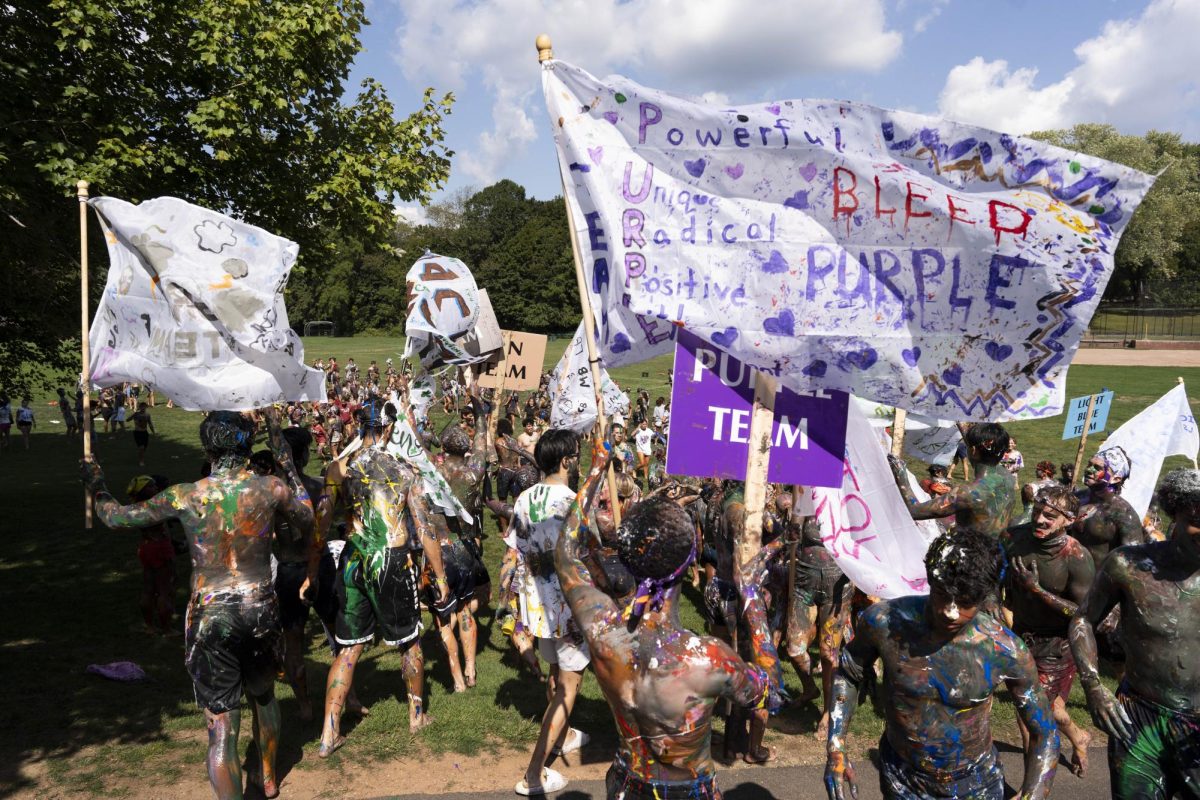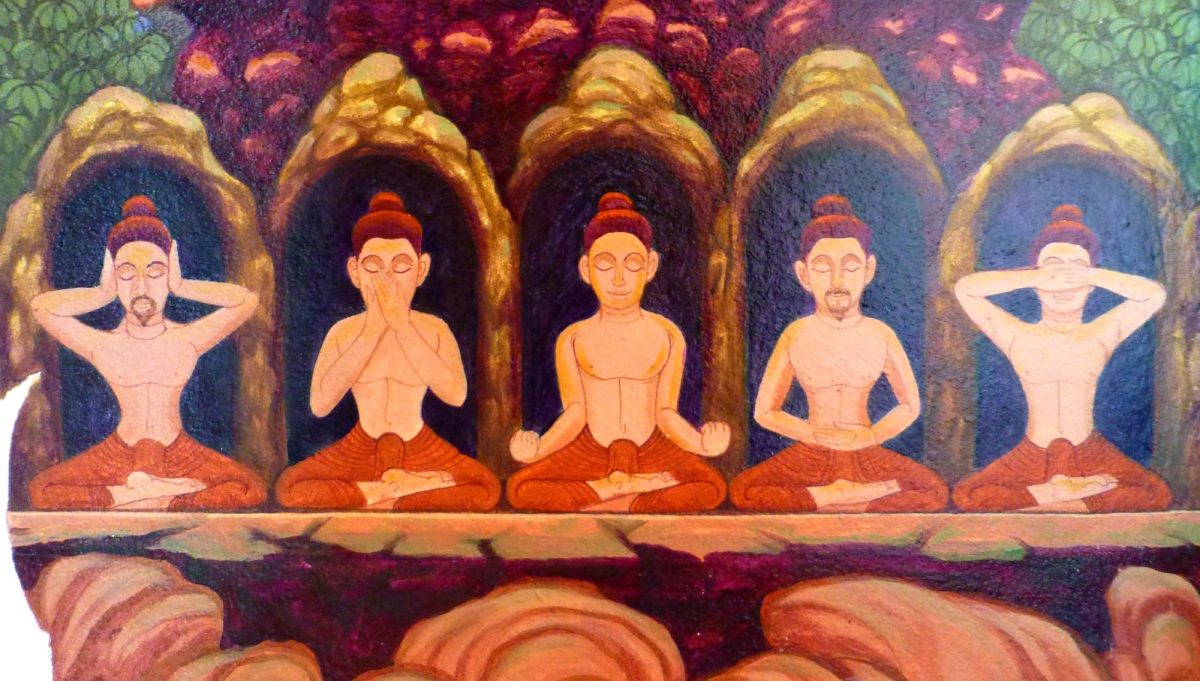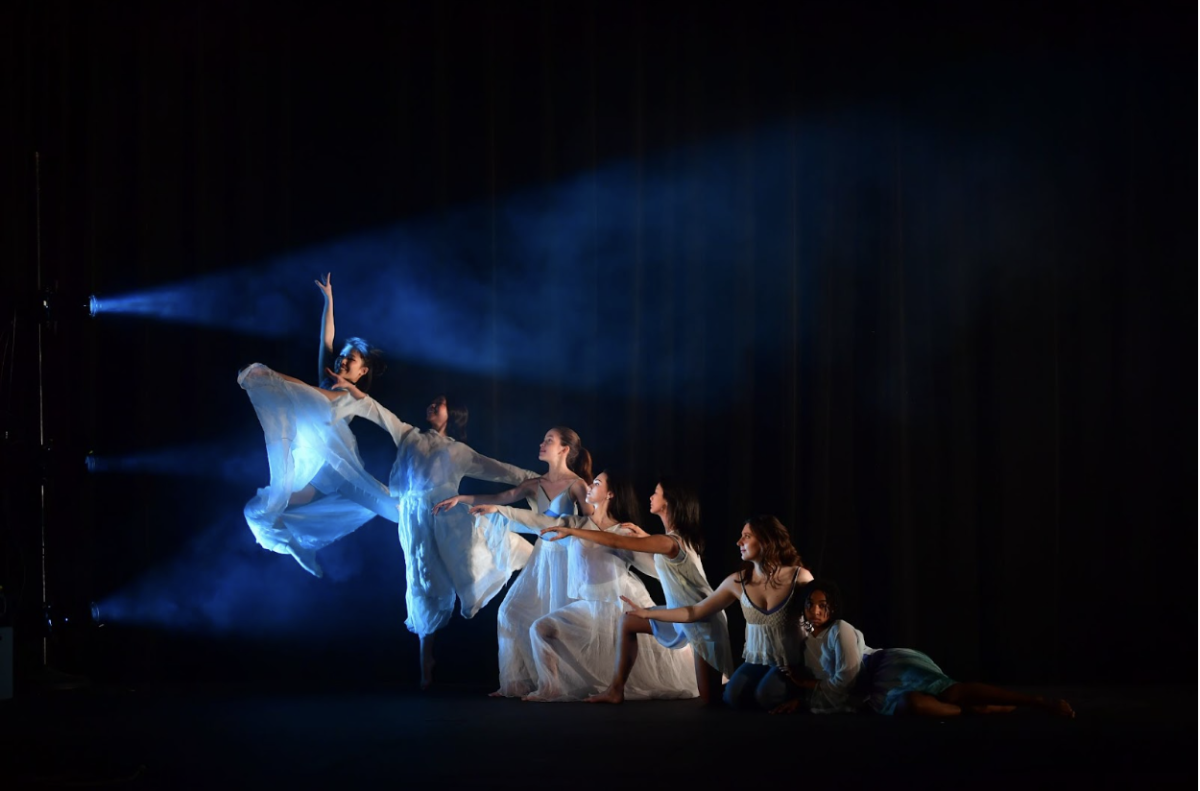Imagine booking your dream vacation at a luxury resort in one of the most desired locations around the world—perhaps Hawaii, Sicily, or Thailand. Just envision the turquoise waters, extravagant suites, and endless leisure that these 5-star resorts have to offer you. Now imagine that same place as a setting for betrayal, backstabbing, and oh yeah… a dead body or two. That’s the plot of Mike White’s The White Lotus, HBO’s widely popular murder mystery that encapsulates a perfect mixture of suspense, social satire, and uncomfortable truths of the ultra-wealthy. Each season begins with a mysterious death, then rewinds to slowly unravel how the paradise turned violent. With each season revolving around a new location and miserable rich people, the show reveals not just how someone dies but the painfully accurate portrayal of the mega-rich moving through the world without questioning their impact on others. Throughout all three seasons, the wealthy hotel guests tend to ignore, manipulate, or patronize the resort staff, treating them as tools to enhance their own comfort. Yet, these moments aren’t overly dramatic; instead, the show relies on sharp and comedic writing along with an intense score to expose the discomfort and awkwardness of the characters’ dynamics. The White Lotus transforms paradise into a pressure cooker of awkward interactions, moral gray areas, and class-based power struggles—all wrapped in a deceptively beautiful setting.

(Spoiler Alert!) With its quotable lines and campy archetypes, The White Lotus has become a social media phenomenon. Victoria Ratliff’s waspy southern accent has been particularly popular; I know I have heard my share of “Piper, Nooo”’s (Pie-pur, Neaux) over the past month. A problematic favorite, Ms. Ratliff and her family highlight all the pitfalls of privilege: corruption, self-indulgence, and hubris, just to name a few. The Ratliffs are a seemingly perfect family from
the upper echelons of southern society; Mr. Ratliff has a successful career in finance, while Mrs. Ratliff (when not abusing prescription drugs) frequents the country club. North Carolina blue-bloods, Mr. Ratliff and his son Saxon, are both Duke alums. When they are not engaging in drug-fueled rampages or under federal investigation for white-collar crimes, they can be seen proudly touting the likeness of their alma mater. Needless to say, Duke has not been very pleased with The White Lotus’s unfavorable portrayal of their alumni. On March 27th, a representative from the school made a statement concerning the shows use of their logo, expressing that “characters prominently wearing apparel bearing Duke’s federally registered trademarks creates confusion and mistakenly suggests an endorsement or affiliation where none exists”; furthermore, that the use of the logo “is troubling, does not reflect our values or who we are, and simply goes too far.” Despite a less-than-receptive response from the school, Jason Issacs (Mr. Ratliff) wore a T-shirt with the Duke Blue Devil to the April 6th season finale premiere.
Unfortunately for Duke, however much they try to distance themselves from corporate offenders and finance frat boys, the Duke memes born from this season of The White Lotus will haunt them for the rest of NCAA history. Despite criticisms, the hyperbolized clichés in The White Lotus have some truth to them – that is what makes the story so interesting. The White Lotus boldly confronts social truisms in a fascinating and satirical way. These exaggerated characters are significant because their stories feel plausible; chances are you’ve met a Saxon Ratliff at one point or another (probably at Taft). The allure of The White Lotus is that it feels like a fiction but is a simultaneous reality; a masterful work of social commentary and a must-watch for those who love exotic locations, luxury, and a little bit of murder.





























